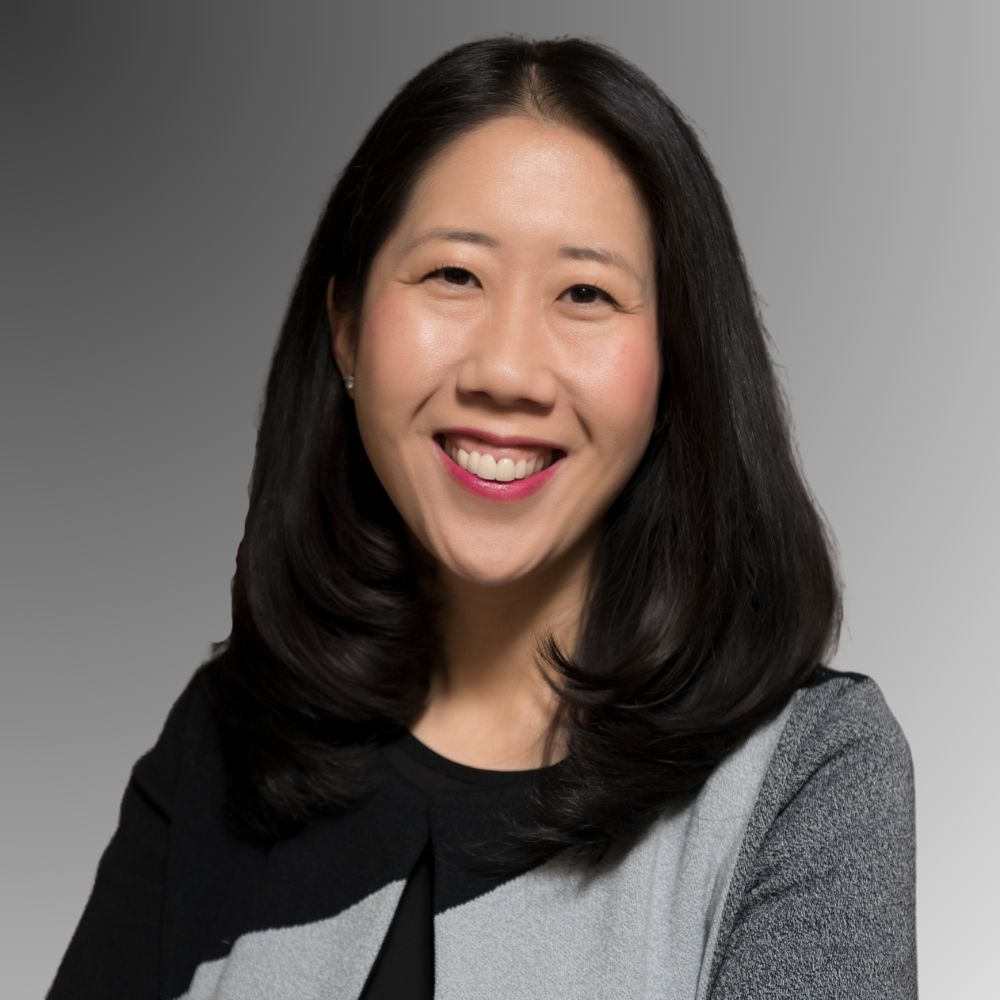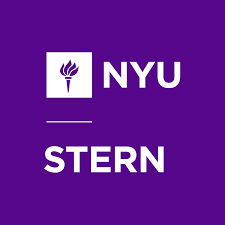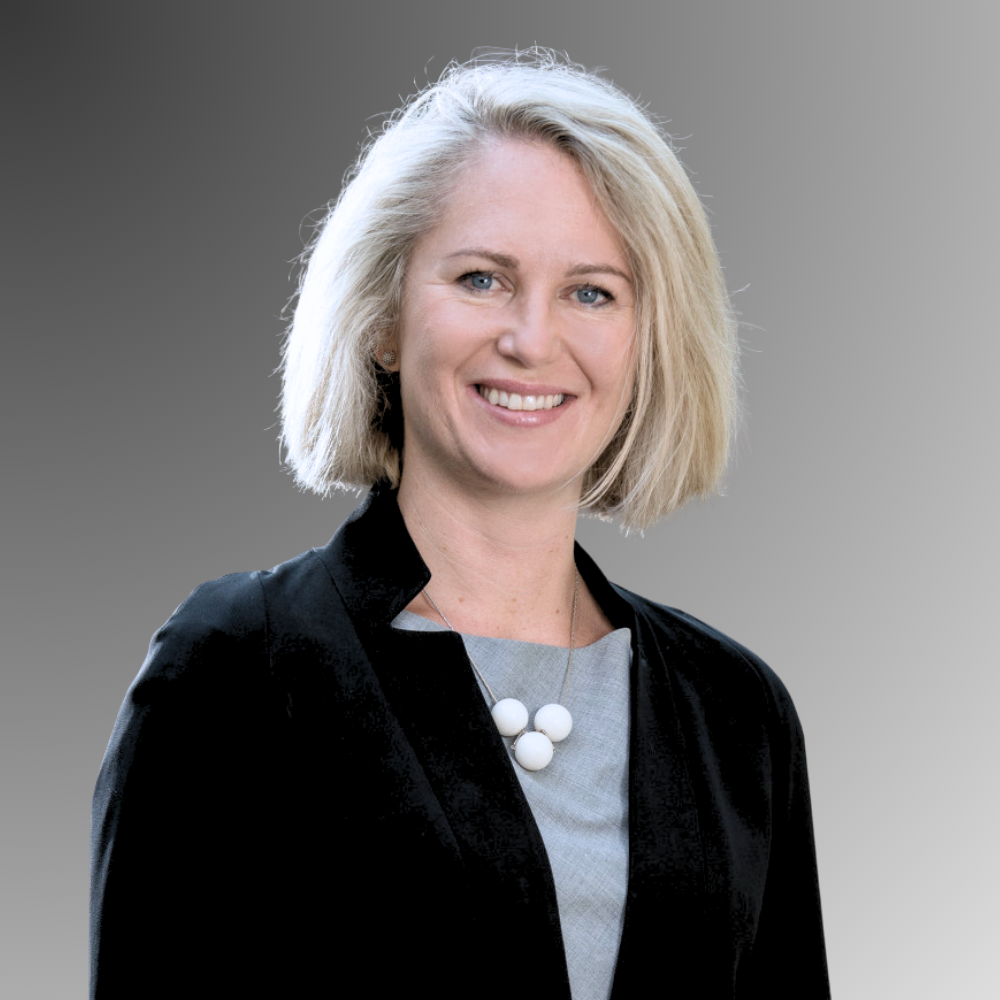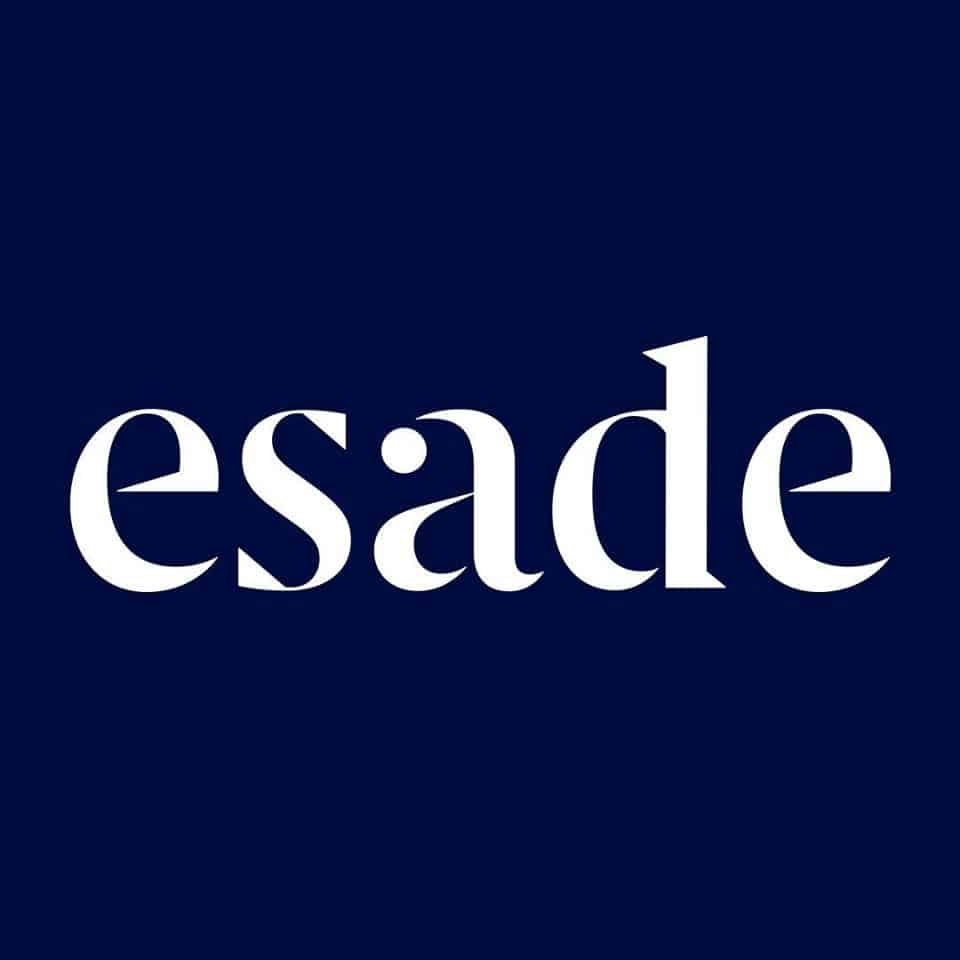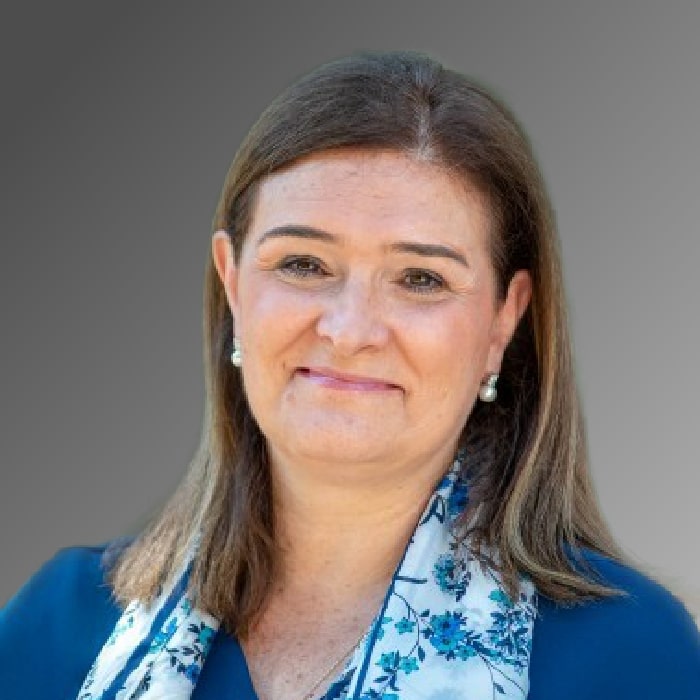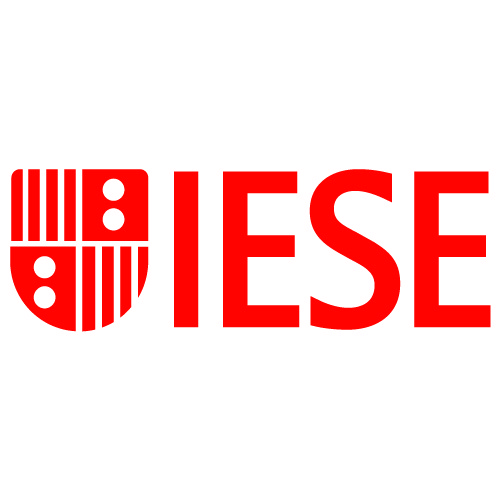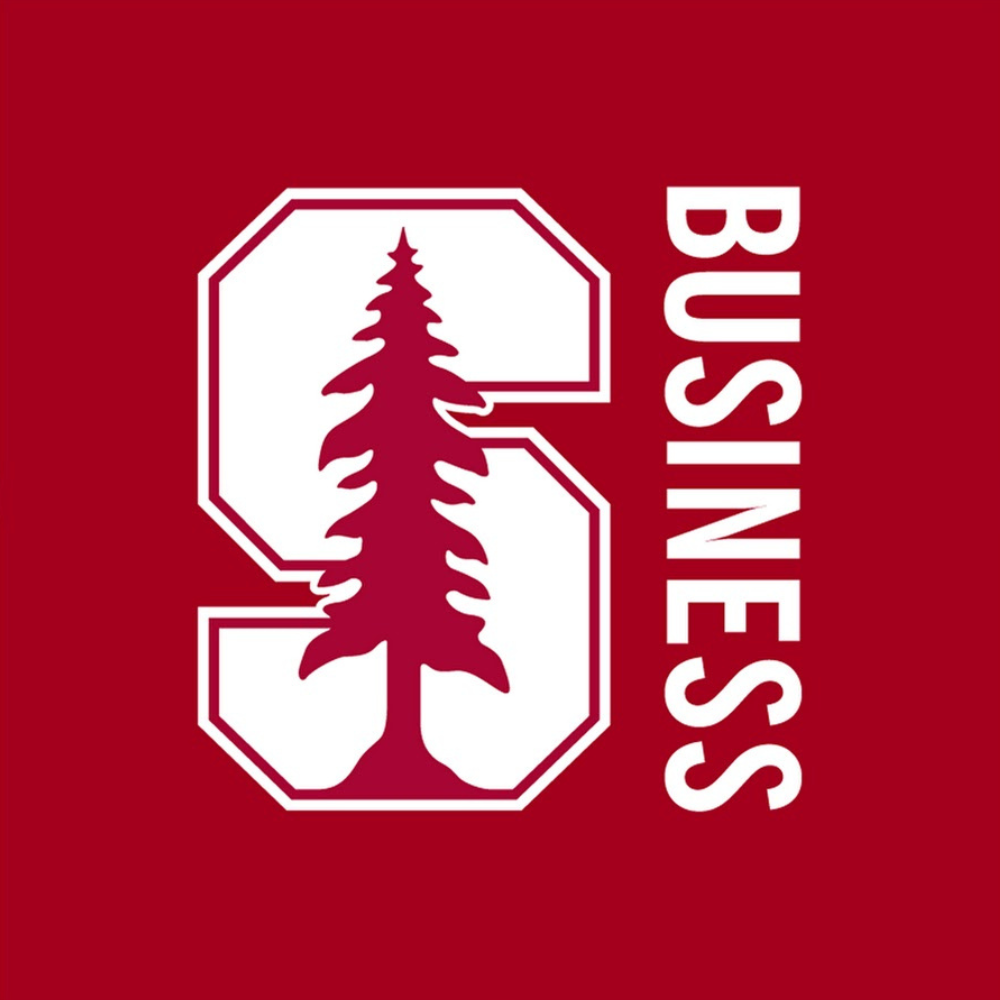Bridging Founders and Funders: Lessons from Angela Lee of Columbia Business School and 37 Angels
Corporate Venturing Insider #107 | Interview with Angela Lee, Founder of 37 Angels & Columbia Business School Professor
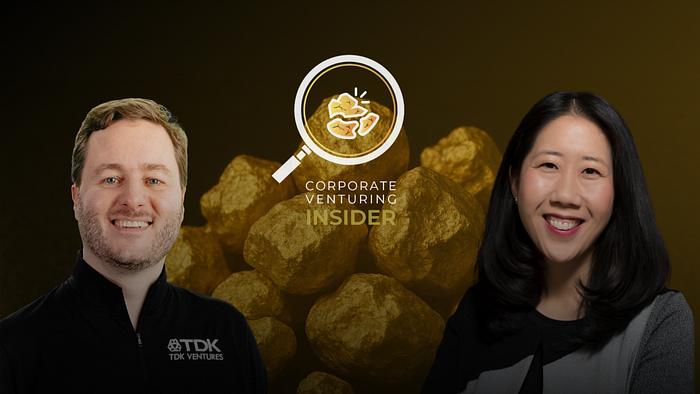
Corporate Venturing Insider often spotlights voices from the corporate venture ecosystem to share best practices and better support entrepreneurs. Over the past five years, we’ve featured leaders from firms such as Intel Capital, NEA, JetBlue Ventures, Qualcomm Ventures, Samsung Ventures, and more. In 2025, we’ve broadened that lens to highlight more academic voices, those who study, teach, and shape the future of venture through research and insight.
Angela Lee is part of this brief spotlight shift. A professor at Columbia Business School and founder of 37 Angels, an angel network dedicated to training diverse investors, particularly women, Angela entered the investing world through what she calls “a series of happy accidents.” From launching a startup during the dot-com boom to becoming a voice in early-stage education and inclusion, she’s spent her career at the intersection of innovation, capital, and teaching.
In Episode 107, Angela joined Nicolas Sauvage, President of TDK Ventures, for a wide-ranging conversation on entrepreneurship, investing frameworks, and how corporate VCs can sharpen decision-making and better support founders.
From Dot-Com Dreamer to Disciplined Investor
Lee began her journey as a 19-year-old founder during the early days of the internet. While she would not recommend it now, alongside her UC Berkeley classmates, she launched a tech consulting firm armed with ambition and a creative stack of business cards. “We handed out different titles depending on who we were talking to,” she laughed. “The more senior the client, the more junior a card we would hand them because they’d assume we had a manager, just so we’d be taken seriously.”
After graduating from Columbia and working at McKinsey, Lee wrote her first angel check in 2008, $5,000 to a friend’s documentary on Asian mental health. “I had no idea what angel investing was,” she recalled. “I just believed in the mission.”
That instinct led to 37 Angels, an angel network and investor bootcamp launched in 2012. “Only 13% of angel investors were women when I started,” Lee said. “So we named it 37 Angels to close the gap from 13% to 50%.” Since then, the group has reviewed 2,000 companies a year and made 115 investments, with a portfolio IRR exceeding 20%.
A Simple Framework for Smarter Investing
As 37 Angels matured, so did its investment process. At Columbia and 37 Angels, Lee teaches a diligence model she calls the “Four Ps”: People, Problem, Progress, and Price.
- People: “We look for data-driven learners who know their numbers cold but also show humility and hustle — not hassle,” she said.
- Problem: Start with a real pain point — everything else flows from there.
- Progress: Lee wants at seed six months of customer data to show an understanding of unit economics.
- Price: Does the valuation match the risk and opportunity?
This model helps her team invest in just 10 startups out of 2,000 annually, up from one in 20 in her early days to one in 200 today.
Decision-Making Discipline for CVCs
Lee believes likewise corporate investors need sharper, faster decision-making.
“Too many CVCs want every stakeholder involved,” she said. “But you can’t make good investment decisions with 25 people in the room. Amazon’s two-pizza rule applies; no team should be too big to feed with two pizzas.”
She recommends defining:
- Who makes the call (keep it tight)
- How decisions are made (use rubrics)
- When they’re made (stick to a timeline)
To reduce indecision, Lee also recommends scoring potential deals on a 1- to 4-point scale. “If you give people 1 to 5, they’ll default to 3s. Force them to pick a side.” She also favors firm thresholds: “If two metrics score below 2, we don’t invest.” That said, instinct still plays a role. “If something feels off,” she said. “I listen to my gut.”
What Corporate VCs Get Right — and Wrong
Corporate VCs account for nearly a quarter of venture deals, but Lee sees some missteps. The biggest? Restrictive deal terms.
While rare now, Lee warned against rights of first refusal (ROFR): “It means often your Series B has to be led by them, and maybe from an exit perspective, they get to be the first ones to put an offer on the table. You’re really getting in bed with the corporate long-term.”
That can limit options and taint valuations. “If someone hears a corporate VC is valuing them at $100 million, it can scare off other acquirers,” she said. “One of our portfolio companies was basically left with one exit option after a corporate VC led their A and B rounds.”
She also flagged slow decision-making: “It’s not like you find out in a day that it’s not going to work. It can waste three to six months.” Sauvage agreed: “If you’re down to six months of runway, that delay can put you in a very tough spot.”
Still, she praised CVCs that deliver value and, most importantly, set clear expectations. “Salesforce Ventures is upfront that many of their investments become acquisition targets. I think a third of what Salesforce acquires comes through their corporate VC arm.”
She also highlighted Vanguard’s Innovation Hub for supporting employee-led innovation and ZX Ventures for helping beverage startups navigate complex U.S. distribution laws.
“When corporates give startups access to labs, data, distribution, or the C-suite — things they couldn’t afford on their own — that’s when it works,” she said.
Helping Entrepreneurs Win
Nicolas closed the conversation with a big-picture question: What should corporate VCs focus on to help entrepreneurs unlock real value for society?
Angela’s answer was both practical and philosophical.
“The best thing CVCs can do is make expensive things less expensive,” she said. “Give startups access to data, labs, distribution, customers — things they couldn’t afford or scale on their own.” In her view, the true superpower of corporate VCs lies in scale, while startups bring agility. “When you can marry the scale of a corporate with the nimbleness of a startup, that’s where magic happens.”
Beyond physical resources, she emphasized the value of emotional and experiential support, especially sharing past mistakes. “We talk about best practices all the time, but founders often learn more from what went wrong.”
For those looking to build a network, Angela pointed to the curated list of accelerators and founder communities available on the 37 Angels website. “Go to a demo day,” she said. “You don’t need permission to build a network — you just need curiosity and consistency.”

 Don’t assume you need VC funding, many great companies thrive with grants, debt, or customer revenue.
Don’t assume you need VC funding, many great companies thrive with grants, debt, or customer revenue. 